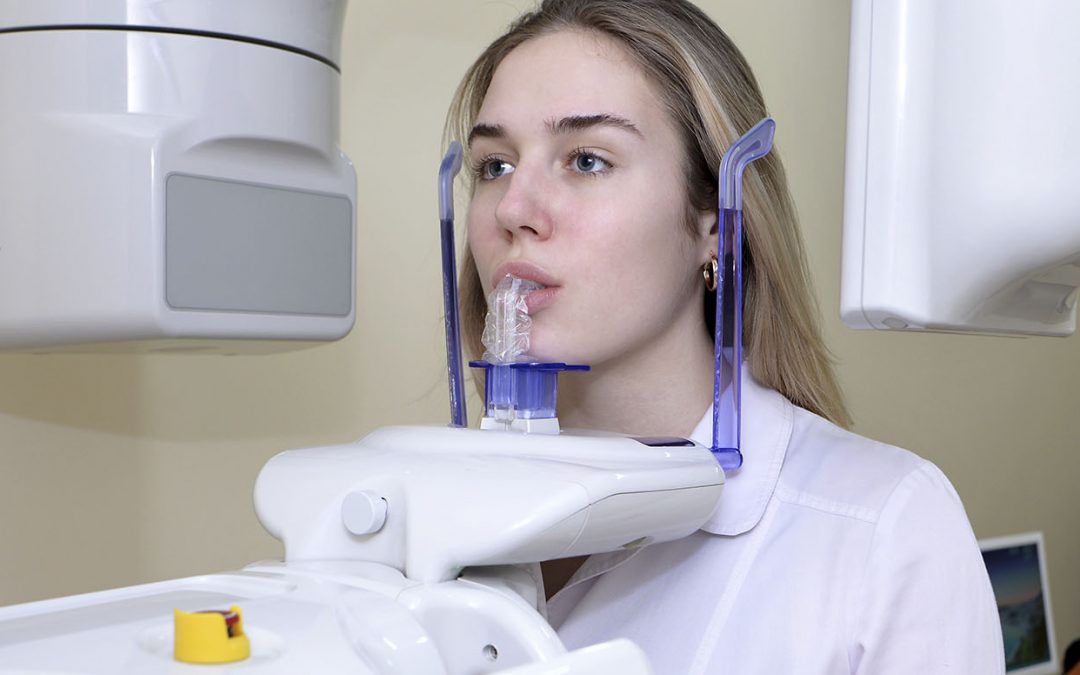ISO 14801 Dental Implant Torque Resistance Testing
The ISO 14801 standard is a crucial guideline for the testing of dental implants, providing a method to determine the torque resistance at which a dental implant will fail. This test is essential for ensuring that dental implants are safe and reliable for use in patients.
The process involves applying a rotational force to the dental implant until it reaches its ultimate strength limit, thereby identifying the maximum torque value before failure occurs. The ISO 14801 standard provides detailed guidelines on how to perform this test accurately, ensuring consistent results across different laboratories and testing facilities.
During the test, a special fixture is used that securely holds the dental implant in place while allowing for rotational force application. The torque resistance value is then recorded at the point of failure. This data is critical for manufacturers to ensure their implants meet or exceed regulatory standards.
The significance of ISO 14801 lies not only in its technical specifications but also in its role as a benchmark for quality control and product safety. By adhering to this standard, dental implant manufacturers can demonstrate their commitment to producing safe and effective devices.
It's important to note that the torque resistance test is just one part of the comprehensive evaluation process for dental implants. Other factors such as biocompatibility, osseointegration potential, and biomechanical properties also play significant roles in determining the suitability of a dental implant for clinical use.
The ISO 14801 standard ensures that every dental implant undergoes rigorous testing to meet international safety standards. This not only protects patients but also fosters trust between healthcare providers and manufacturers, ensuring that all parties involved are working towards the common goal of providing high-quality dental care.
In summary, ISO 14801 is a vital component in the quality assurance process for dental implants. Its stringent requirements ensure that only products meeting international standards reach the market, thereby enhancing patient safety and satisfaction.
Why It Matters
The ISO 14801 standard is pivotal in ensuring the reliability and safety of dental implants. By conducting torque resistance tests according to this standard, manufacturers can guarantee that their products will perform as expected under real-world conditions.
For quality managers, compliance officers, R&D engineers, and procurement teams, adhering to ISO 14801 is essential for several reasons:
- Ensures Regulatory Compliance: Meeting international standards helps avoid regulatory issues and ensures that products can be sold globally.
- Patient Safety: Reliable testing ensures that dental implants are safe for use, reducing the risk of complications post-surgery.
- Brand Reputation: Consistent adherence to high standards enhances brand reputation and customer trust.
The importance of ISO 14801 cannot be overstated. It sets a benchmark for excellence, ensuring that only the highest quality dental implants enter the market.
Scope and Methodology
The scope of ISO 14801 encompasses the testing procedures used to evaluate the torque resistance properties of dental implants. This includes specifying the equipment required, specimen preparation, and operational protocols.
The methodology involves several key steps:
- Specimen Preparation: Dental implants are cleaned and sterilized before testing to ensure accurate results.
- Equipment Setup: A specialized torque tester is calibrated according to ISO 14801 specifications. This ensures consistent and reliable measurements.
- Testing Procedure: The dental implant is mounted in the torque tester, and a rotational force is gradually applied until failure occurs. The maximum torque value at this point is recorded.
The ISO 14801 standard also provides detailed criteria for acceptance of test results. These include specific torque resistance values that must be achieved to pass the test. Compliance with these standards ensures that only implants capable of enduring safe and effective use are approved for clinical application.
Competitive Advantage and Market Impact
- Innovation Leadership: Compliance with ISO 14801 demonstrates a commitment to innovation, setting benchmarks that competitors must meet.
- Global Markets: Adherence to international standards opens doors to global markets, enhancing market reach and competitiveness.
- Customer Trust: High-quality testing builds trust with healthcare professionals and patients, leading to increased market share.
The ISO 14801 standard plays a critical role in differentiating dental implant manufacturers from competitors. By consistently meeting or exceeding these standards, companies can position themselves as leaders in the industry, driving innovation and setting new benchmarks for quality.





